The History of KKN UGM: From Inception to Present
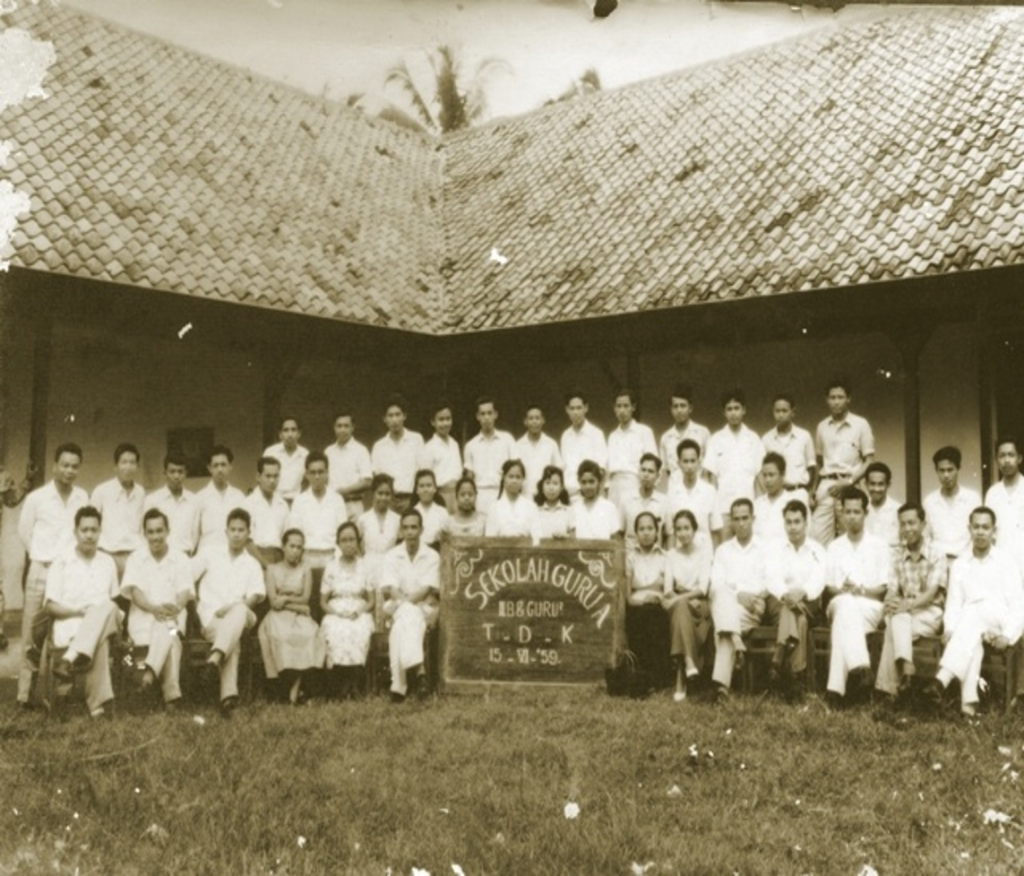
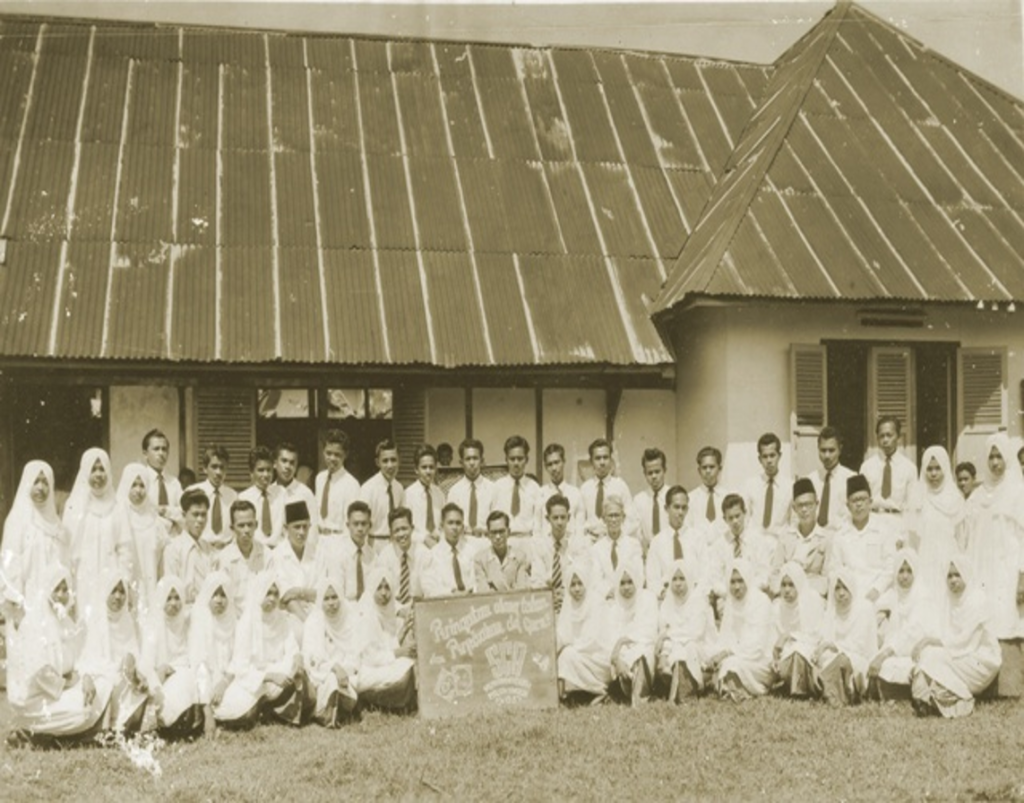
The Birth of KKN: A Commitment to Community Engagement from UGM for Indonesia
The history of the Kuliah Kerja Nyata (KKN) program at Universitas Gadjah Mada (UGM) is a testament to the university’s enduring commitment to community service and national development. The seeds of KKN were sown in the early 1950s, during a period of significant change and nation-building in Indonesia. Between 1951 and 1962, UGM sent 1,218 students as volunteers to various locations outside Java Island. These pioneering students established 220 high schools and served as educators, laying the foundation for what would become the KKN program.
Formalization and Evolution: The 1970s
In 1971, KKN was formally introduced as an elective course at UGM, reflecting the university’s growing recognition of the importance of integrating community service into higher education. This initiative aimed to bridge the gap between academic knowledge and real-world application, encouraging students to engage directly with communities and contribute to societal development.
By 1979, KKN had evolved into a mandatory component of the UGM undergraduate curriculum. This significant shift underscored UGM’s dedication to fostering social responsibility among its students. The program required all undergraduates to participate in community service projects, emphasizing the importance of practical experience and community engagement as essential elements of their education.
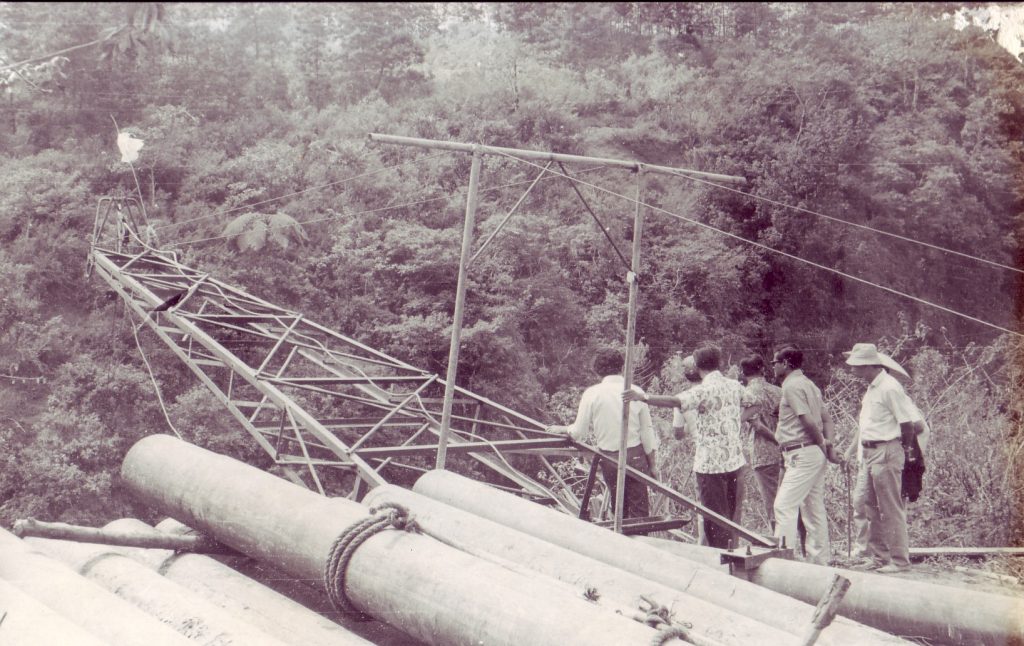
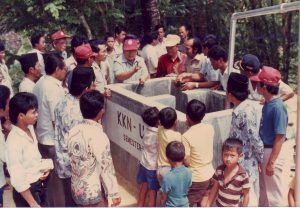
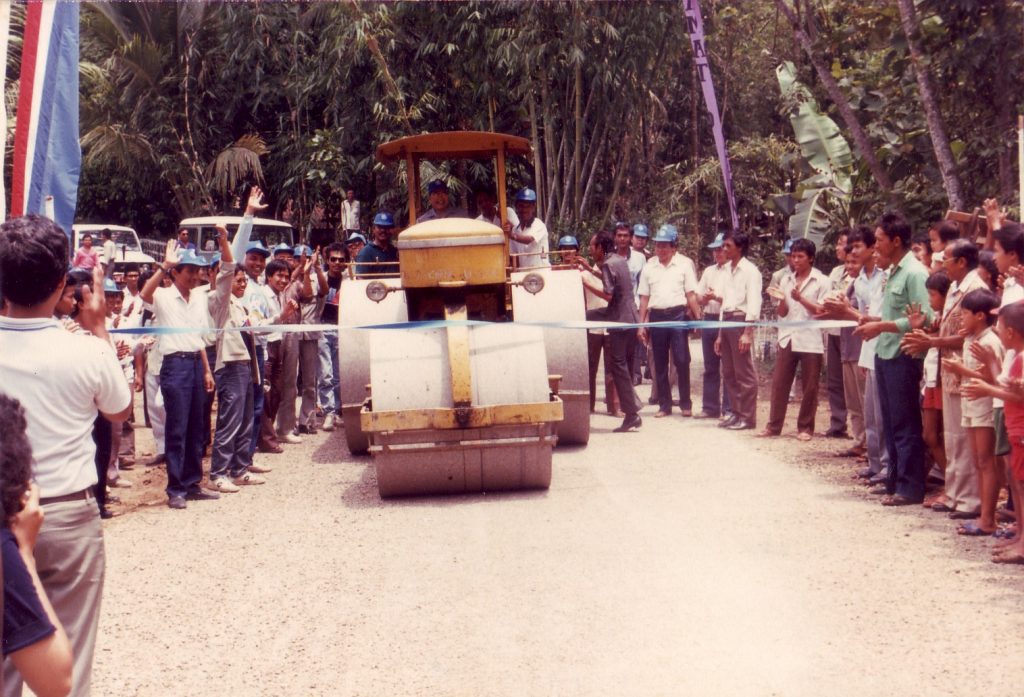
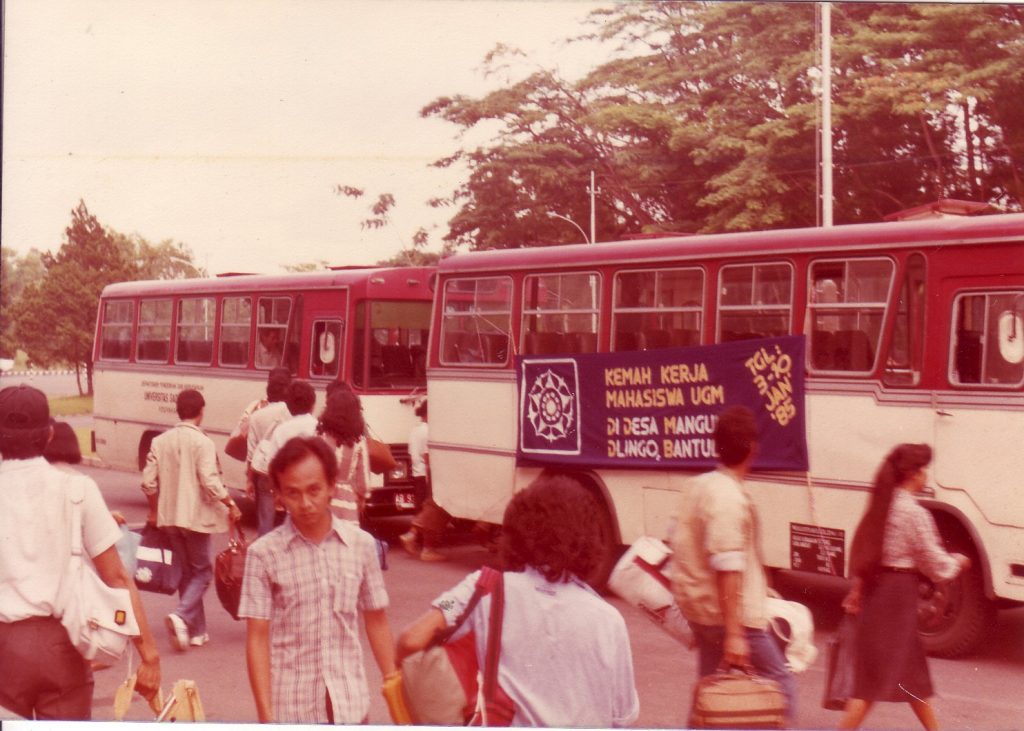
Expanding Horizons: The 1980s and Beyond
Throughout the 1980s and subsequent decades, the KKN program continued to expand in scope and impact. UGM students embarked on projects across Indonesia, addressing a wide range of community needs, from education and healthcare to infrastructure development and environmental conservation. These projects not only provided valuable services to local communities but also enriched the students’ educational experience, instilling in them a deeper understanding of Indonesia’s diverse cultures and social dynamics.

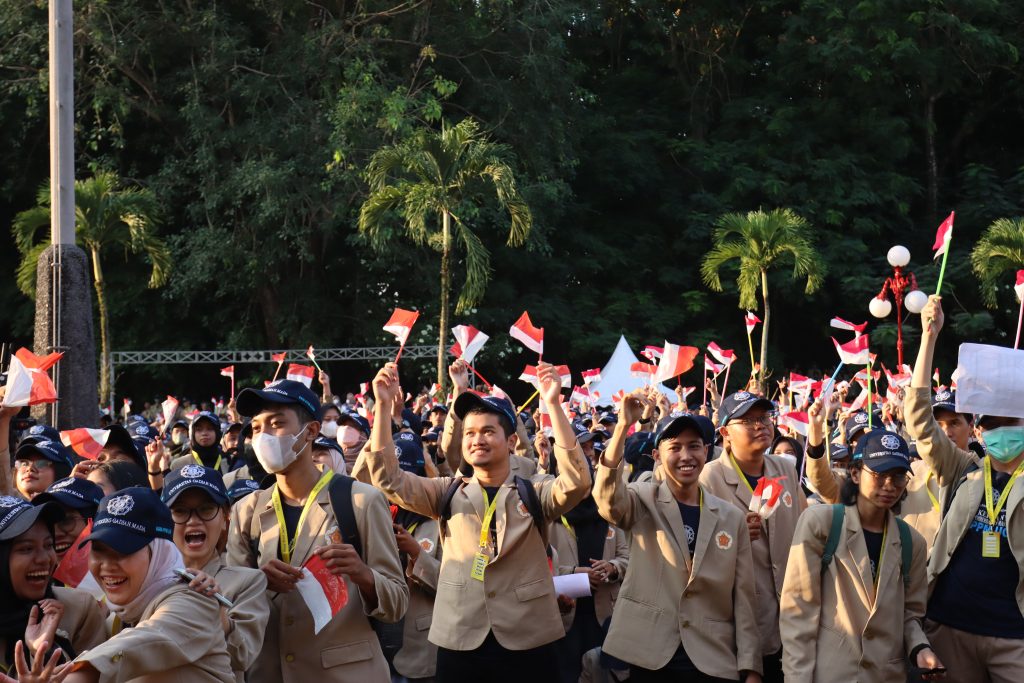
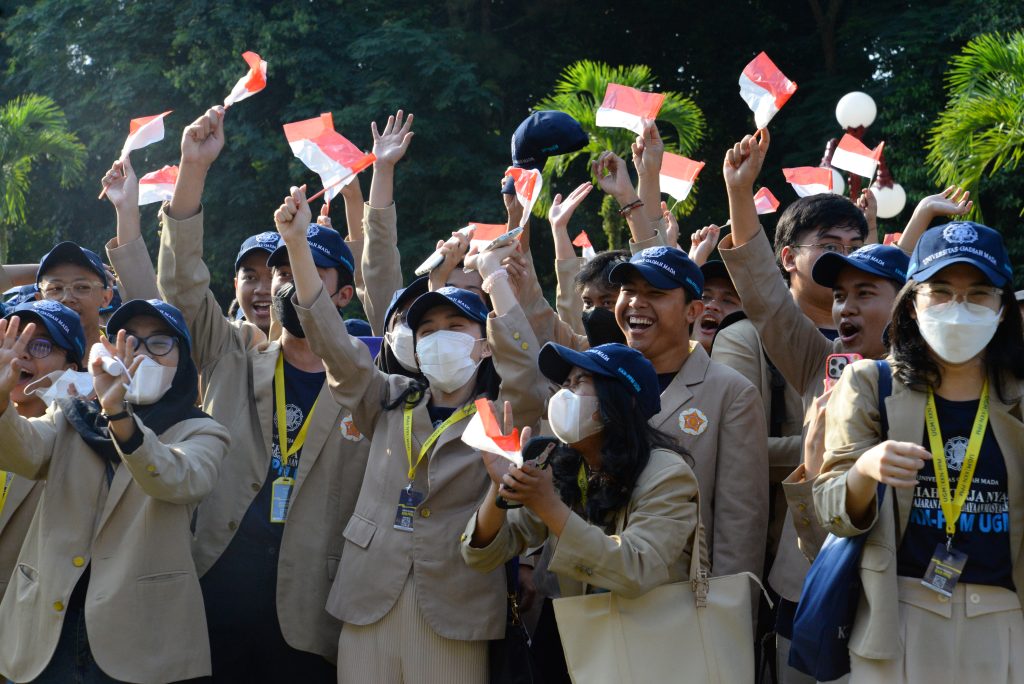

"With Indonesian flags in hand and an unyielding spirit in their hearts, UGM students proudly immerse themselves in community service, marking the beginning of their KKN PPM deployment with determination and pride."
KKN in the Modern Era: Adapting to Contemporary Challenges
In the 21st century, the KKN program has continued to adapt to contemporary challenges and opportunities. With the advent of new technologies and evolving societal needs, UGM has incorporated innovative approaches to community service. Projects now often include elements of digital literacy, sustainable development, and entrepreneurship, equipping students with the skills needed to address modern challenges.
Moreover, the program has embraced internationalization, welcoming foreign students to participate in KKN projects. This has fostered cross-cultural exchanges and global perspectives, enriching the program and enhancing its impact on both local and international communities.
KKN Today: A Cornerstone of UGM Education
Today, KKN remains a cornerstone of the UGM educational experience. Each year, thousands of students participate in KKN projects across Indonesia, continuing the legacy of service and community engagement that began over six decades ago. The program not only contributes to the development of Indonesian communities but also shapes the character and values of UGM graduates, preparing them to be socially responsible leaders and innovators.
The enduring success of the KKN program reflects UGM’s unwavering commitment to integrating academic excellence with community service. As UGM looks to the future, KKN will undoubtedly continue to evolve, maintaining its pivotal role in the university’s mission to educate and empower the next generation of leaders for Indonesia and beyond.

